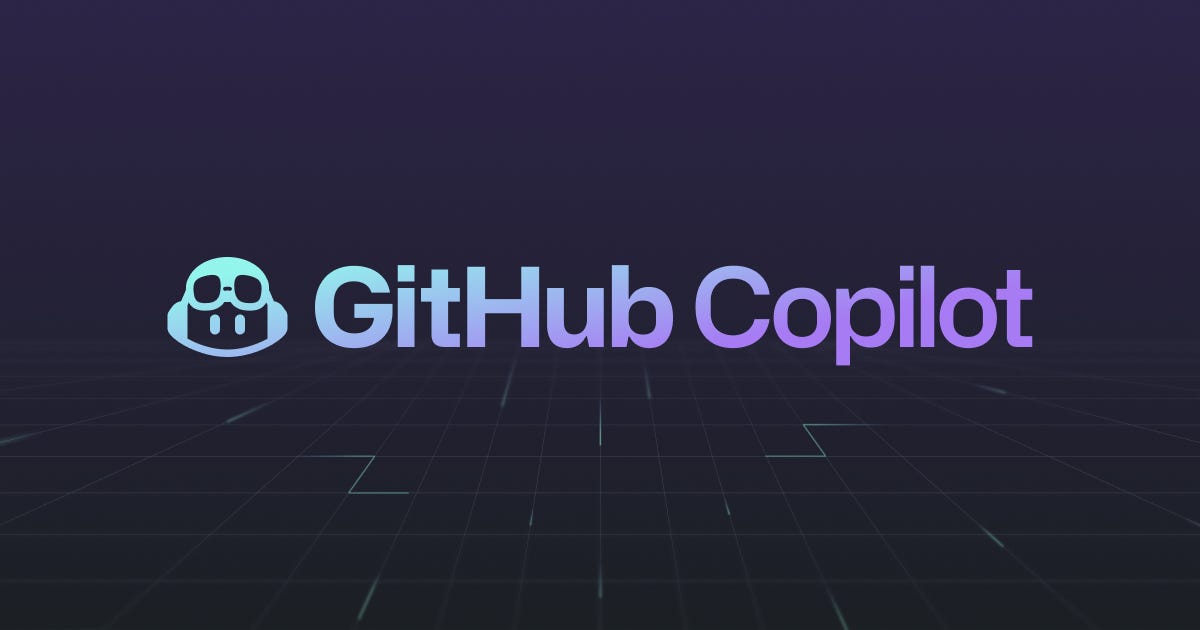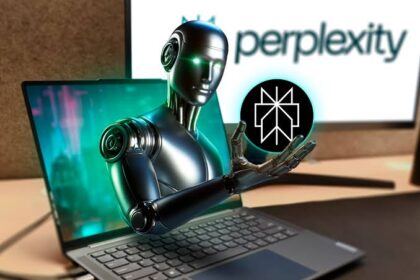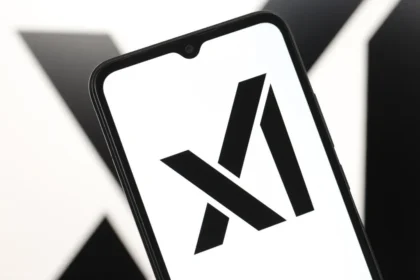GitHub Copilot just hit 20 million users.
Sounds massive, right? Microsoft CEO Satya Nadella dropped that flex during the company’s earnings call, with GitHub confirming that these are “all-time users.” Translation? It’s everyone who has ever tried the tool, not necessarily folks still using it today.
5 million people just hopped on in the last three months, up from 15 million in April. But here is the twist: Microsoft isn’t saying how many of those users stuck around. Daily or even monthly active users? That data’s… somewhere in the GitHub void. But hey, who needs retention metrics when you’ve got hype?
What we do know is that GitHub Copilot is thriving in the suit-and-tie corner of the world. According to Microsoft, 90% of the Fortune 100 are on board the Copilot train. Enterprise adoption is reportedly up 75% compared to last quarter, which is wild, considering that most AI tools are still trying to figure out how to make any real money. But Copilot? It is already outpacing GitHub’s entire business from 2018, back when Microsoft first acquired it. That is not just growth, that’s a glow-up.
Still, Copilot is not flying solo. Cursor, a newer player in the AI coding space, is making serious noise. In March, they claimed over 1 million daily users and were pulling in $200 million in annualized recurring revenue. Now? Bloomberg says they’ve crossed the $500 million ARR mark. If that number’s accurate, Cursor’s quietly building an empire, one line of code at a time.
Related: Microsoft Edge Gets Smarter with New AI Copilot Mode: Browsing in 2025 Just Got Better.
Copilot and Cursor started with different missions, but now they are blending into the same playbook. Both are launching AI agents that review code, squash bugs, and (eventually) automate the less glamorous parts of a dev’s workday. Think less Stack Overflow, more “Hey Copilot, fix this mess I made.”
Nadella’s bullish, too. He said GitHub’s new AI coding agents are picking up steam, a not-so-subtle nod to the next frontier: autonomous AI dev tools. The rest of the AI coding pack is not just watching from the sidelines.
Google’s now in the game after acquiring the team behind AI coding startup Windsurf. Not to be outdone, Cognition (makers of the AI software engineer Devin) swooped in to grab the rest of Windsurf’s crew. Meanwhile, OpenAI and Anthropic are cooking up their own AI coding flavors, Codex and Claude Code, respectively, all aiming to out-code each other. It’s like a hackathon, but with billion-dollar backing.
While ChatGPT and Gemini pull in hundreds of millions of users each month with everything from “What’s the capital of Uruguay?” to “Write my wedding vows,” AI coding tools are carving out a lucrative niche. Smaller user base, sure, but way more cash per user.
Developers (and their employers) are not just curious about AI coding tools anymore. They are opening wallets. And with GitHub and Cursor racing to automate everything but caffeine breaks, the future of software engineering might look a lot more like managing AI, not writing code.
What happens when coding itself is automated? Do we free up human creativity, or just outsource thinking?
Either way, the AI dev wars have officially begun. And GitHub Copilot? It just became the first tool to hit the battlefield with 20 million soldiers, even if some had already gone AWOL.







